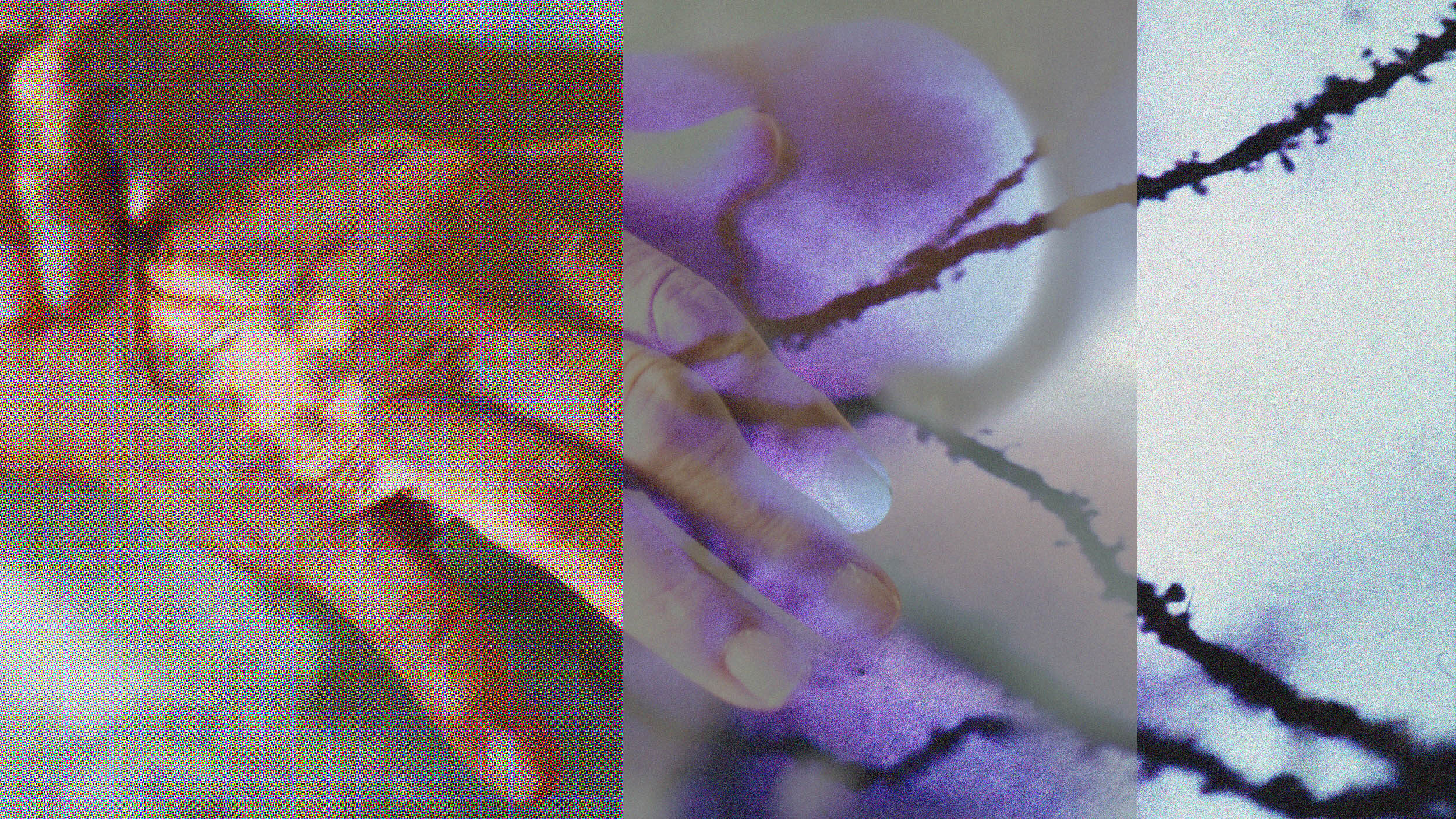Could This Gene Cure Sleep Disorders?

Sleep is having its day. While we’ve long known that how we spend our nighttime hours is important, why that should be so eluded researchers for some time. The more sleep is studied, however, the more we realize how essential it is for proper cognitive and physical functioning.
Yet so many distractions keep us from enjoying a proper night’s rest: the blue hue of cell phones, binge watching, chronic anxiety, poor nutrition, parenting, overnight shifts. The cost of lost sleep is steep, increasing your risk for heart problems, infectious diseases, diabetes, and stroke.
Up until now, the most common treatment for insomnia has been sleeping pills, which come with a steep price tag, including impaired cognition, stomach problems, burning sensations in your body’s extremities, and daytime drowsiness, all for mere minutes of extra sleep each evening.
Sleeping pills slow down your nervous system by interacting with specific brain receptors. Specifically, benzodiazepines increase the effects of gamma-Aminobutyric acid (GABA), which causes a system-wide reduction in neuronal activity in your nervous system. As with similar but slower-acting nonbenzodiazepines, these pills are not prescribed for long-term use.
Interestingly, treating sleep disorders by targeting the brain may have been misguided, or so claims a new study on mice published in eLife. Researchers at UCLA targeted the Bmal1 gene—a “master gene” discovered in 1997, it has long been known to effect circadian rhythms—in both the brain and muscles of mice. What they found surprised them.
According to the team, led by senior author Ketema Paul, this study provides the first evidence that a gene in muscles can send signals to the brain that it’s ready to sleep. Only the opposite had been assumed. Paul had his crew repeat the experiment numerous times to ensure their findings were correct.
Paul’s team turned Bmal1 off throughout the brain and body of the mice, which means they would not be able to recover from sleep deprivation. Then they turned it back on, one group in the brain, another in the body. The body group rebounded while the brain group did not. Paul states,
We show that not only is Bmal1 responsible for the ability to recover from sleep loss, but also that Bmal1 expression in the skeletal muscle is responsible for that process. When we increased Bmal1 in the skeletal muscle, the mice were able to tolerate more sleep loss. That suggests the skeletal muscle is directly communicating with the brain.
When the gene was removed from muscles, the mice were much sleepier. Paul believes this oversight in sleep research is in part due to the focus on targeting the brain. If the evidence bears out in humans, Paul envisions a pill that boosts levels of Bmal1 in muscles, perhaps even targeting the specific gene that communicates with the brain.
Though an early state for this research, it’s an exciting one for poor sleepers. Until then, plenty of breathing exercises and regenerative techniques are available to help insomniacs calm their nervous systems in the late hours, without the need for sleeping pills. Side effects of increased Bmal1 will also have to be considered, though at the moment, this is a promising start.
—
Derek is the author of Whole Motion: Training Your Brain and Body For Optimal Health. Based in Los Angeles he is working on a new book about spiritual consumerism. Stay in touch on Facebook and Twitter.





